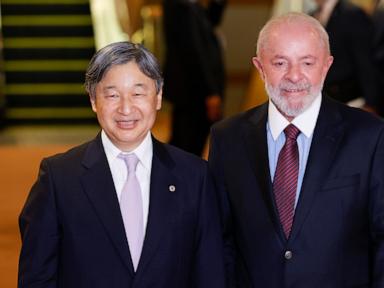A succession of American presidents since Richard Nixon aided China’s rise, inadvertently spawning the greatest strategic adversary the U.S. has ever faced.
It was President Trump who, in his first term, reversed the 45-year U.S. rapprochement with Beijing by identifying China in his national security strategy as an adversary and initiating a trade war with it by imposing tariffs on Chinese goods. This marked a significant shift towards a more confrontational approach.
But does Trump now risk playing into China’s hands by freezing much of U.S. foreign aid and upending decades-old alliances?
Trump’s critics argue that his assertive unilateralism on trade and foreign policy erodes American influence while potentially opening the door for Beijing to strengthen ties with nations traditionally in Washington’s orbit. The White House’s tariff plans against key trading partners, possibly raising duties to levels unseen in decades, could also weaken crucial alliances. Additionally, Trump’s freeze on foreign aid creates a vacuum for China to expand its international footprint, particularly in Africa.
At the same time, Trump’s policies are increasingly focused on countering China. The new rounds of tariffs imposed since February reflect this shift, as does the president’s emphasis on ending the Ukraine war to shift U.S. strategic focus from Europe to the Indo-Pacific.
Over the years, various U.S. policies that aided China’s rise were initially driven by strategic interests but ultimately produced unintended consequences. By coopting China in an informal anti-Soviet alliance during the latter half of the Cold War, Washington created a two-against-one competition that contributed to Soviet imperial overstretch and ultimately to the USSR’s collapse.
But in breaking China’s isolation and granting it access to Western markets and technology, often by outsourcing manufacturing, Washington also facilitated China’s rise as an economic and military powerhouse.
Instead of spurring political liberalization, as many American policymakers had hoped, China’s integration into the global economy spawned a more repressive state system. The Chinese Communist Party used economic growth to tighten political control and expand its military capabilities, turning economic strength into strategic leverage.
Since the ...













